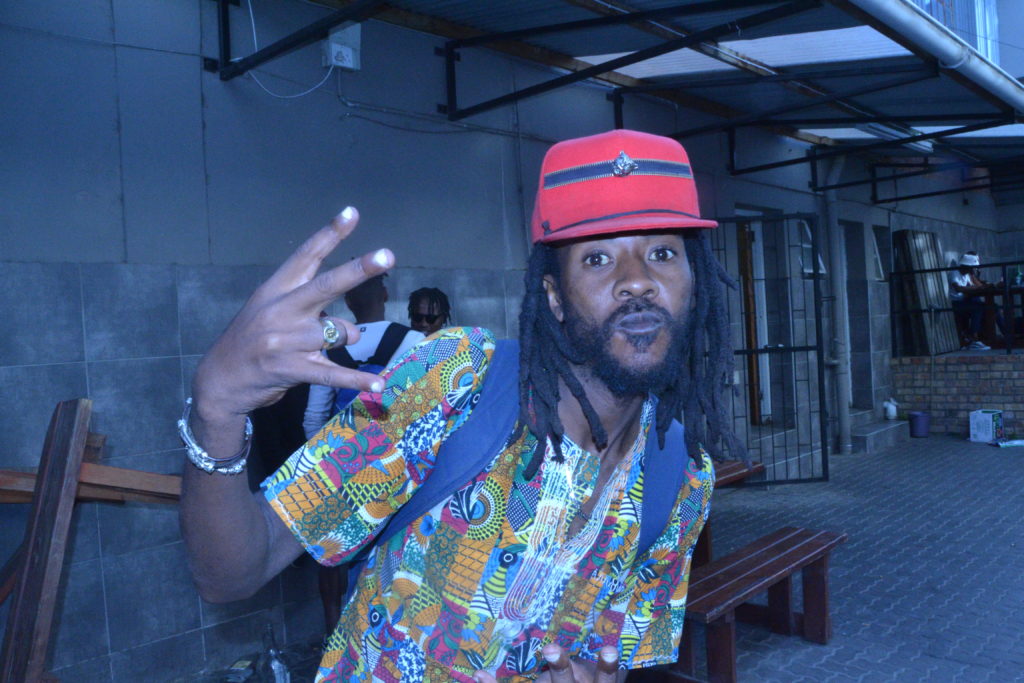By DAVE MANN
How do we begin to make sense of this? When I first heard the news, I did what most people do – I pored through old photographs, read the many tributes that were being written for you online, and combed through the local news for any further details on the circumstances of your passing. I mourned, in my own private ways. I tried to write about the grief, but the words wouldn’t come.
Eventually, I returned to our interviews and came across the only remaining recorded interview I have of you, conducted in October 2014. In it, you speak about the late Thozamile “Rocky” Mncongo, and about your trip to Finland with the Via Kasi Movers. You talk about your past – how you had always loved to dance, but found yourself taking on work that wore you down, spiritually, and how you found a way of life worth pursuing through pantsula. How people like Xolile Madinda and Janet Buckland helped you find your passion for performance and teaching.
I remember the day, clearly. We were sitting outside the Rhodes University drama department and you were greeting almost everyone who walked past us. You were laughing, constantly. I was a student journalist with a keen interest in the kind of art that took place outside of conventional theatre and gallery spaces and you were an artist who was more than willing to share your insights about community-based arts and its impact on society.
Listening to that recording in Johannesburg, 33km from where you first started dancing in Soweto, and 989km from where I first met you in Makhanda, I’m amazed at how much love, insight, humour, and compassion you could fit into a simple 53-minute interview. There are certain phrases that make me laugh, others that move me to tears. Here are a few of my favourite quotes from that interview:
“Performing for those kids in Finland made me realise how precious a child is – how a child can bring you peace. It was humanity. It was true love. That’s what keeps me going.”
“Art is a tool to sharpen your future. It’s a tool that helps you understand how to communicate with people, how to get along with people, to understand people. That’s the key. That’s the way forward.”
“Art is something that unites people… Art shows us how to love each other and how to appreciate each other. That’s what I’ve learned and that’s what I continue to learn. That’s my life. It’s why me and the late Rocky say: ‘If you take away dance from us, if you take away theatre, then there’s no us.’”
“There are days when I really miss [Rocky]. When I perform, I can feel him in my feet. I used to be able to say ‘Mfethu, I really need you’ and he would be there. Now, he’s not here anymore, but he’ll always be with me. He’ll stay with me until I lay my flesh down. He’s part of me, he’s part of my life.”
You said that talking about Rocky in that interview helped you to make sense of his passing. That when you talk about him, it helps you to accept that he’s no longer here, physically.
Listening to that interview, looking through those images, and writing these words is my own way of arriving at some kind of acceptance, I think. The impact you had on the people, the spaces, and the collective community of Makhanda was so profound. The silence you leave behind is overwhelming.
Right now, I’m not sure how to continue. I can find your words and your passion in everything that I do, and it makes it all the more difficult to carry on without you.
Thank you for everything, Ace. I promise to honour your spirit in everything that I write.



